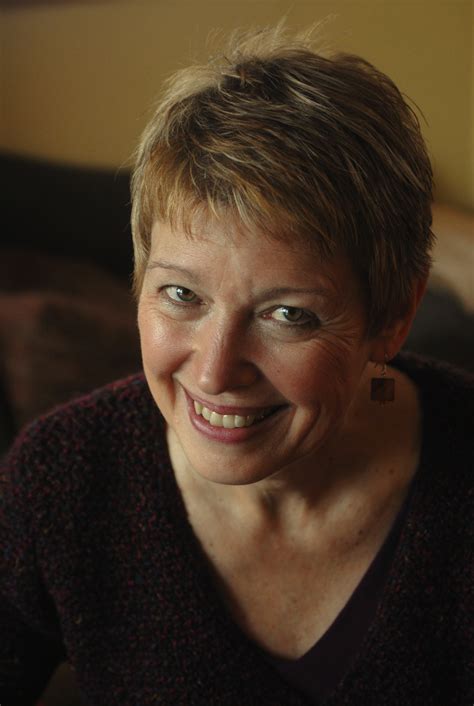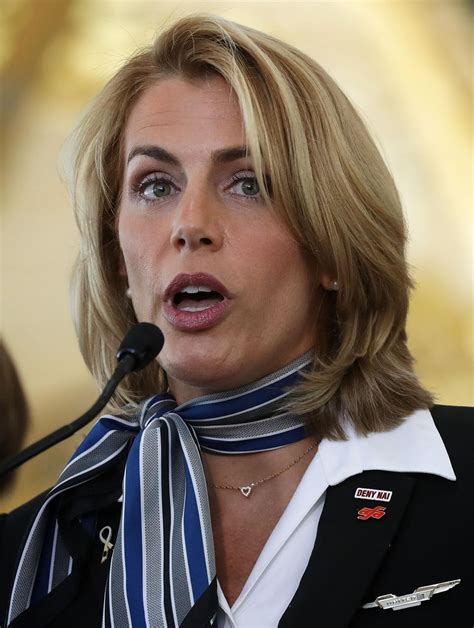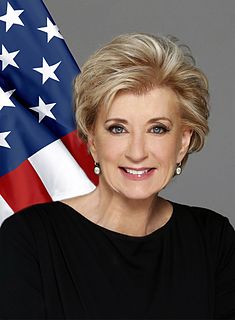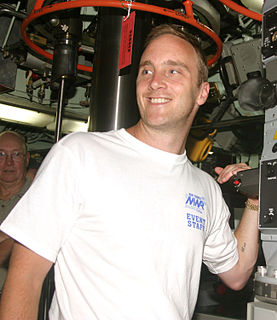A Quote by Shannon Hale
I’ve always believed that as an author, I do 50% of the work of storytelling, and the reader does the other 50%. There’s no way I can control the story you tell yourself from my book. Your own experiences, preferences, prejudices, mood at the moment, current events in your life, needs and wants influence how you read my every word.
Related Quotes
The book is finished by the reader. A good novel should invite the reader in and let the reader participate in the creative experience and bring their own life experiences to it, interpret with their own individual life experiences. Every reader gets something different from a book and every reader, in a sense, completes it in a different way.
My readers have to work with me to create the experience. They have to bring their imaginations to the story. No one sees a book in the same way, no one sees the characters the same way. As a reader you imagine them in your own mind. So, together, as author and reader, we have both created the story.
If you're 50 years old or younger, give every book about 50 pages before you decide to commit yourself to reading it, or give it up. If you're over 50, which is when time gets shorter, subtract your age from 100 - the result is the number of pages you should read before deciding whether or not to quit. If you're 100 or over you get to judge the book by its cover, despite the dangers in doing so.
What does it mean to feel "in control" of your life? What I mean by control is the ability to make a choice. Personal sovereignty means that you choose from what is available in order to be intentional about your life...When you feel in control of your life, you know yourself to be the author of your own actions and know that you always have choices.
The press still thinks [global warming] is controversial. So they find the 1% of the scientists and put them up as if they're 50% of the research results. You in the public would have no idea that this is basically a done deal and that we're on to other problems, because the journalists are trying to give it a 50/50 story. It's not a 50/50 story. It's not. Period.
I believe that you become yourself every single day of your life through your choices and how you think. And that's constantly changing every day... You are constantly changing, evolving through your experiences, how you interpret your experiences, and how you choose to do things in the future based on those experiences... Being yourself means you think with your own mind, and you make your own choices and that makes you you.
Allowing yourself to stop reading a book - at page 25, 50, or even, less frequently, a few chapters from the end - is a rite of passage in a reader's life, the literary equivalent of a bar mitzvah or a communion, the moment at which you look at yourself and announce: Today I am an adult. I can make my own decisions.
Each and every component that makes up your life experience is drawn to you by the powerful Law of Attraction's response to the thoughts you think and the story you tell about your life. Your money and financial assets; your body's state of wellness, clarity, flexibility, size, and shape; your work environment, how you are treated, work satisfaction, and rewards - indeed, the very happiness of your life experience in general - is all happening because of the story that you tell.
The best time to tell your story is when you have to tell your story. When it's not really a choice. But then, when you get that first, messy, complicated version down, you have to read it over and be very tough on yourself and ask, 'Well what's the story here?' If you're lucky enough to have someone you trust looking over your shoulder, he or she can help you if [you] lack perspective on your own story.
With a 660-page book, you don't read every sentence aloud. I am terrified for the poor guy doing the audio book. But I do because I think we hear them aloud even if it's not an audio book. The other goofy thing I do is I examine the shape of the words but not the words themselves. Then I ask myself, "Does it look like what it is?" If it's a sequence where I want to grab the reader and not let the reader go then it needs to look dense. But at times I want the reader to focus on a certain word or a certain image and pause there.
If you read a book about school - someone else's book - you always translate it into your own school experiences. It's describing the student: he's bewildered and lost in a large crowd in a university classroom. You'll visualize that from your own experiences. So, everything you know is what you're really writing.


































